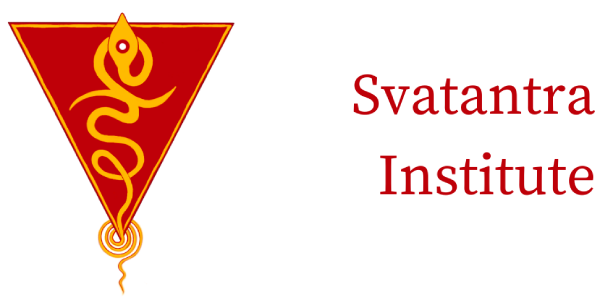FAQs
Svatantra Sāra is a collection of Kavitha’s quotes from books, courses, blog posts and conversations.
Each course will be offered live only once. Once the course is complete, it goes into an “evergreen” mode and is offered as a self-study course, where you will be able to complete it at your own pace.
There are many benefits to taking the live course if possible:
- You will be able to ask Kavitha questions directly.
- You’ll have the energy of the saṅgha learning together at the same time.
- Due to the nature of it being at a set time, you are forced to set aside the time to be present and engaged, which is more difficult when you’re doing it on your own.
Kavitha offers many courses during the year, so follow Svatantra Institute on social media and check her website often to see what new courses are available. To register, simply click the registration button on one of her posts about the course or on the website, and you’ll be directed to the registration page. All live sessions are taught through Zoom with the discussion thread and materials living on the Ruzuku platform.
Yes, after a course is complete, it’s offered as a self-study course. There is no way to attend that course live again, but you can always complete it as a self-study.
Yes, the course will live in the Ruzuku platform, where you will continue to have access to all of your courses.
You will have access to the discount code in the Ruzuku forum. There are a few courses that are offered through Embodied Philosophy that we can not offer discounts since we do not handle registration. These include: The Foundations of Tantra, Deity Yoga and the Navarathri Course.
